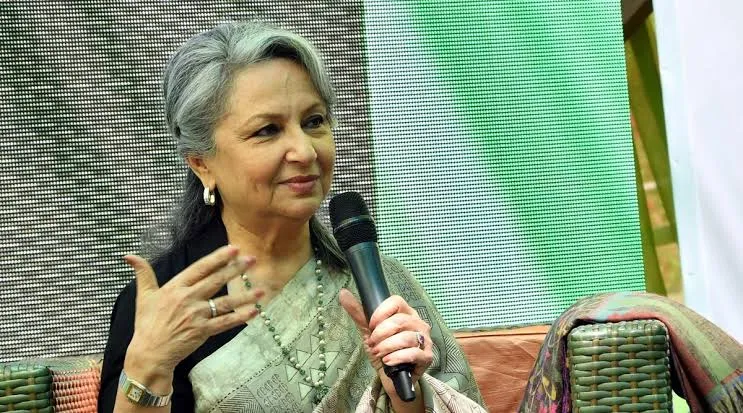The newly appointed Starbucks CEO, Brian Niccol, is not expected to relocate to the company’s headquarters in Seattle. Instead, Niccol will commute from his California residence to Seattle up to three times a week, using the company’s private jet. This arrangement, detailed in his offer letter made public through a recent SEC filing, has sparked outrage, particularly given Starbucks’ recent sustainability initiatives, such as the introduction of paper straws to reduce plastic waste.
Brian Niccol’s Compensation and Commuting Arrangement
According to the terms outlined in Niccol’s offer letter, the 50-year-old CEO will receive an annual base salary of $1.6 million. Notably, the letter specifies that Niccol will not be required to relocate to Seattle, where Starbucks is headquartered. Instead, it states that Niccol must commute between his California home and Seattle as necessary to fulfill his duties.
This commute covers approximately 1,000 miles (or 1,600 kilometers) each way, a distance Niccol will traverse using the company’s private jet. A Starbucks spokesperson confirmed to CNBC that Niccol is expected to be physically present at the Seattle office at least three times a week, aligning with the company’s hybrid work policy.
“Brian’s primary office and a majority of his time will be spent in our Seattle Support Center or out visiting partners and customers in our stores, roasteries, roasting facilities, and offices around the world,” the spokesperson added. “His schedule will exceed the hybrid work guidelines and workplace expectations we have for all partners.”
Post by @mcsquared341View on Threads
Climate Concerns and Social Media Outrage
The revelation of Niccol’s commuting arrangement has been met with widespread criticism, particularly in the context of Starbucks’ efforts to position itself as a leader in corporate sustainability. The company’s recent move to offer paper straws in stores worldwide, aimed at eliminating single-use plastic, has been lauded as a positive step. However, the juxtaposition of this initiative with Niccol’s frequent use of a private jet—a mode of transport with a significant carbon footprint—has been labeled hypocritical by many.
Social media platforms quickly became the epicenter of the backlash. Users on X (formerly Twitter) expressed their dismay and frustration, with one user commenting, “You better stop giving paper lids and straws. That would be hypocritical.” Another added, “We have to drink from paper straws, while their CEO commutes via private jets.” A particularly pointed criticism read, “Flying a private jet three days a week just to go to work, but Starbucks had the unmitigated gall to tell us to use paper straws. I hate it here.”
The criticism was not limited to individual users. Some commentators highlighted the potential for a public relations disaster, urging Starbucks to reconsider the terms of Niccol’s offer letter in light of the company’s public commitment to environmental responsibility.
The Broader Implications
The controversy surrounding Niccol’s commuting arrangement underscores the challenges that large corporations face when balancing executive privileges with their public stances on sustainability. As companies like Starbucks strive to lead the way in environmental stewardship, the actions of their top executives can either bolster or undermine these efforts.
For Starbucks, which has built much of its brand on ethical practices and corporate responsibility, the backlash over Niccol’s commute could serve as a reminder of the need for consistency between policy and practice. Whether the company will respond to the criticism by revising the terms of Niccol’s commuting arrangement remains to be seen, but the incident has already sparked a broader conversation about corporate hypocrisy and the true cost of convenience at the highest levels of business.






















